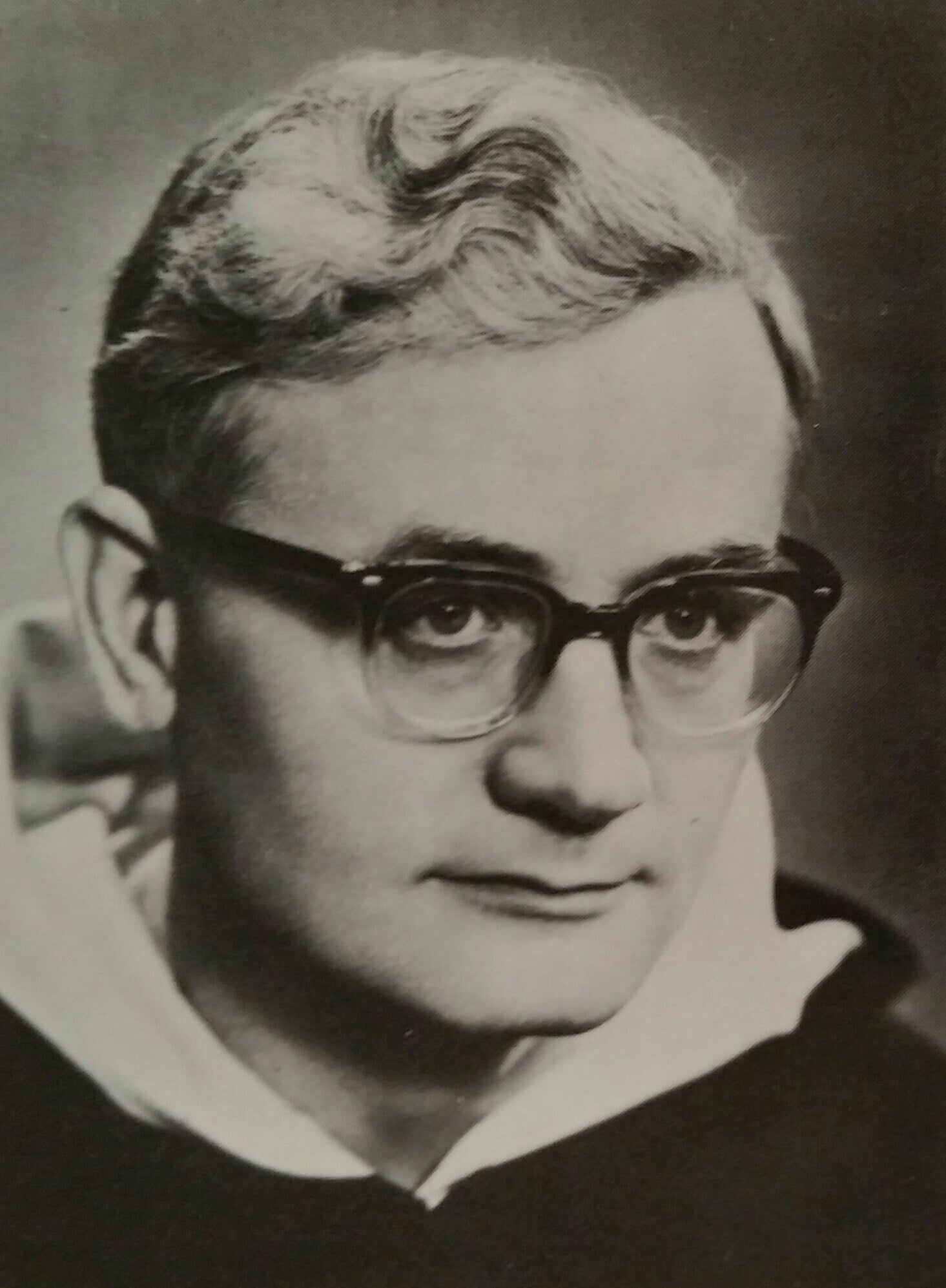
As proof of the ambiguity of the conciliar documents, Romano Amerio in Iota Unum cites Edward Schillebeeckx, who is quoted as saying: “We will express it in a diplomatic way, but after the council we will draw out the implicit conclusions.”[1] Supposedly this quote proves, that since Schillebeeckx was involved in the drafting of the documents, the documents were purposely written so as to allow competing interpretations. What Amerio doesn’t mention is that this quote isn’t Schillebeeckx opinion. Instead, Schillebeeckx is citing a theologian who he disagrees with. The quote in context reads:
Read and study the third chapter of the Constitution, without the explanatory note, and it will quickly become clear…. The vague openness deliberately left in the schema was exposed by that note. By carefully reading the two texts, this invariably becomes more evident: the note stresses what the Constitution itself says, but without the diplomatic vagueness in which the text was shrouded.
A month before the “last week,” at a press conference for journalists in Rome I stated that they should be under no illusions regarding episcopal collegiality “according to the Second Vatican Council,” and that there should be a Third Vatican Council to approve papal collegiality (i.e., that the pope is required in conscience – at his discretion, of course – to take into account the world episcopate as accurately as possible). Even so, bishops and theologians were talking about collegiality in a sense that is nowhere reflected in the schema. But the minority – who were not stupid either! – understood well that this diplomatic vagueness in the schema was to be interpreted after the council in the widest possible sense, although the doctrinal commission had not expressly intended nor formulated this in the text itself.
The minority was not against collegiality as literally formulated in the text, but against the optimistic perspective that the majority of the doctrinal commission wanted to let resonate therein, deliberately vague and somewhat too diplomatically, without articulating it in the text. Even Congar had long ago objected to a conciliar text deliberately kept vague so that it can be interpreted equivocally. A theologian from the doctrinal commission – to whom I had already complained about the “minimalism” on papal collegiality during the second session – told me reassuringly, “We say it diplomatically, but after the Council we will draw the implied conclusions.” I found this to be unfair then, and indeed did not believe in such a conciliar interpretation, whereby one group of voters would take no notice of papal collegiality and the other group would imply it! There should have been either a clear text in which a maximalism (regarding collegiality) was formulated unambiguously, or a clear text in which the older minimalist view (which the schema expressly articulates) was stripped of its equivocal vagueness that concealed the actual problem.[2]
And so there is the truth.
[1] http://sspxasia.com/Documents/books/Iota_Unum/chp_05.htm#s47
[2] https://cuislandora.wrlc.org/islandora/object/cuislandora%3A40891/datastream/PDF/view

Leave a Reply
You must be logged in to post a comment.